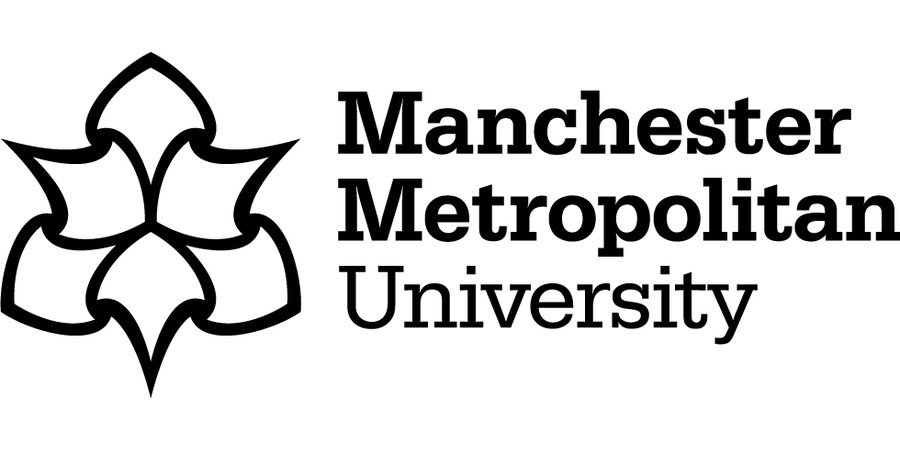PhD Studentship - AEM Electrolysis for Green Hydrogen Production
Manchester Metropolitan University
| Qualification Type: | PhD |
|---|---|
| Location: | Manchester |
| Funding for: | UK Students |
| Funding amount: | £20,780 - please see advert |
| Hours: | Full Time |
| Placed On: | 25th April 2025 |
|---|---|
| Closes: | 29th May 2025 |
| Reference: | SciEng-YR-2025-AEMEL-EPSRC |
Project advert
Anion exchange membrane water electrolysers (AEM-WEs) have the potential to meet the cost and scale targets for global green hydrogen demands. The primary barrier to overcome is membrane electrode assembly (MEA) degradation. This is an EPSRC and industrial partner-sponsored PhD that will establish the degradation routes using theory and experiments to deliver pathways to design more durable and efficient AEM-WE devices. Ultimately, this PhD will develop mitigation strategies for performance losses due to materials degradations. The experimental aspects of the PhD will require materials synthesis, materials characterisation and electrolyser tests. The materials characterisation will include XRD, SEM/TEM, XPS, Raman amongst other techniques. The modelling aspect will require adapting existing fuel cell and electrolyser models in COMSOL.
The project will be jointly supervised by Dr Yagya Regmi and Prof Laurie King at Manchester Metropolitan and an additional industrial supervisor. This new project will be highly collaborative and interactive- you will have the opportunity to learn these techniques from our highly supportive and skilled research group at the Manchester Fuel Cell Innovation Centre and the facilities at the industrial partner sites. Our research group is housed within the state-of-the-art £117M Dalton building facilities and the vibrant doctoral community at Manchester Met.
Project aims and objectives
The primary objective is to characterise and design strategies to mitigate the membrane electrode assembly (MEA) degradations in anion exchange membrane water electrolysers (AEM-WE). We propose a PhD programme that will establish the degradation routes using theory and experiments to deliver pathways to design more durable and efficient AEM-WE devices.
Funding
The student will be in receipt of a stipend payment; the Research Council minimum rate (set by UKRI) is £20,780 for 2025/26.
Only Home students can apply. Home fees are covered.
Specific requirements of the candidate
The qualifications, skills, knowledge and experience applicants should have for this project, in addition to our standard entry requirements.
Essential requirements:
- A background in chemistry, physics, materials science, engineering or related fields.
- Enthusiasm for multidisciplinary research and problem-solving.
- Highly motivated student.
- Ability to work independently and as part of a team.
Desirable skills (but not essential, as training will be provided):
- Either an excellent undergraduate degree or an MSc/MRes in Chemistry.
- Experience in materials synthesis, computational modelling and/or electrochemistry.
- Familiarity with analytical techniques such as XRD or electrochemical methods.
- Research experience (e.g., undergraduate project, summer internship, or industrial placement).
How to apply
Interested applicants should contact Dr Yagya Regmi (Y.Regmi@mmu.ac.uk) for an informal discussion.
To apply you will need to complete the online application form for a full-time PhD in Chemistry (or download the PGR application form).
You should also complete a narrative CV (500-1000 words) addressing the project’s aims and objectives, demonstrating how the skills you have map to the area of research, how your experience makes you suitable for this position, and why you see this area as being of importance and interest.
If applying online, you will need to upload your statement in the supporting documents section, or email the
Expected start date: October 2025
application form and statement to PGRAdmissions@mmu.ac.uk.
Please quote the reference: SciEng-YR-2025-AEMEL-EPSRC
Manchester Metropolitan University fosters an inclusive culture of belonging that promotes equity and celebrates diversity. Please ensure that you take into account our Inclusive and Diverse Culture Strategy when preparing an application.
Advert information
Type / Role:
Subject Area(s):
Location(s):









